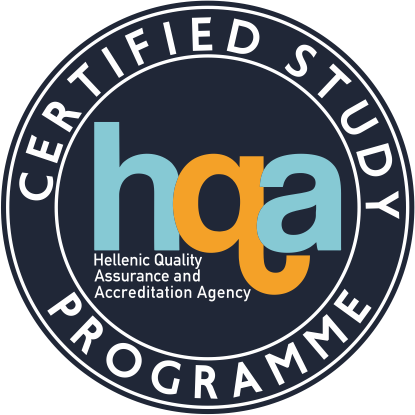| School |
Natural Sciences |
Academic Unit
|
Geology Department |
Level of Studies
|
Undergraduate |
Course Code
|
GE0_715 |
| Εξάμηνο σπουδών |
7ο |
Course Title
|
Disposal of solid an Luqid Wastes in the Geoloigcal Environment |
Independent Teaching Activities
|
Lectures, seminars, laboratory work and field trip |
Weekly Teaching Hours
|
2 (L), 1 (LAB), 1 (SEM) |
| Credits |
5 |
Course Type
|
Field of Science and Skills Development |
Prerequisite Courses
|
Typically, there are not prerequisite course |
Language of Instruction & Examinations
|
Greek. Teaching may be however performed in English in case foreign students attend the course. |
Is the Course offered to Erasmus Students
|
Yes |
| Course Web-Page (URL) |
https://eclass.upatras.gr/courses/GEO361/ |
Learning Outcomes
|
The lecture is a basic introductory lecture on the disposal of solid and liquid wastes in the geological environment.
By the end of this course the student will be able to:
- Understand the concept of pollution and contamination
- Understand the impact of pollutants on the environment in general and on the quality of groundwater in particular.
- Understand the different ways of disposal of urban, industrial and agricultural wastes.
- Assess which of the waste disposal ways have the least impact on the environment.
- To prepare a geological and hydrogeological study of suitability for the construction of landfill (landfill site).
|
General Competences
|
By the end of this course the student will, furthermore, have developed the following skills (general abilities):
- Ability to exhibit knowledge and understanding of the essential facts, concepts, theories and applications which are related to disposal of solid and liquid wastes.
- Ability to apply this knowledge and understanding to the solution of problems related to groundwater pollution coming from the disposal of wastes.
- Searching, analysis and synthesis of facts and information, as well as using the necessary technologies
- Adaptation to new situations
- Decision making
- Autonomous (Independent) work
- Group work
- Exercise of criticism and self-criticism
- Promotion of free, creative and inductive thinking
- Respect to natural environment
- Work design and management
|
| Syllabus |
- The concepts of pollution and contamination
- Pollutants and their physicochemical properties
- Sources of pollution of groundwater and surface water
- Waste categories - Legislation for the management of wastes
- Urban pollution
- Solid wastes, hazardous, non-hazardous, hospital wastes
- Alternative ways of managing solid waste. Recycling, Burning, Bio-stabilization
- Sanitary Landfill Sites
- Geological-Hydrogeological Study of suitability for finding a region for the construction of landfills
- Sewage - Biological Treatment - Artificial Wetlands
- Agricultural Pollution
- Industrial Pollution
- Disposal of Radioactive Wastes
- Microbial pollution
|
| Delivery |
Lectures, laboratory work and seminar face to face. |
Use of Information & Communication Technology
|
Use of Information and Communication Technologies (ICTs) (e.g. powerpoint) in teaching. The lectures content of the course for each chapter are uploaded on the internet, e-class platform, in the form of a series of ppt files, where from the students can freely download them. |
Teaching Methods
|
| Activity |
Semester workload |
| Lectures (2 conduct hours per week x 13 weeks) |
2Χ13=26 |
| Laboratory work (1 conduct hours per week x 13 weeks) |
1Χ13=13 |
| Seminars (1 conduct hours per week x 13 weeks) |
1Χ13=13 |
| Field trip (10 hours per one day) |
10 |
| Homework in teams |
23 |
| Hours for private study of the student and preparation of the final project in teams |
50 |
| Total number of hours for the Course |
135 |
|
Student Performance Evaluation
|
- Written examination during the examination period and
- 2. Examination of the presentation and the report of the final team project.
|
Attached Bibliography
|
Suggested bibliography:
- Zagana, E., 2015. Disposal of solid wastes and sewage in the geological environment, University of Patras
Related academic journals:
- Environmental Earth Sciences, Springer Publishers
- Water Resources Management, Springer Publishers
- Environmental Monitoring and Assessment, Springer Publishers
|





